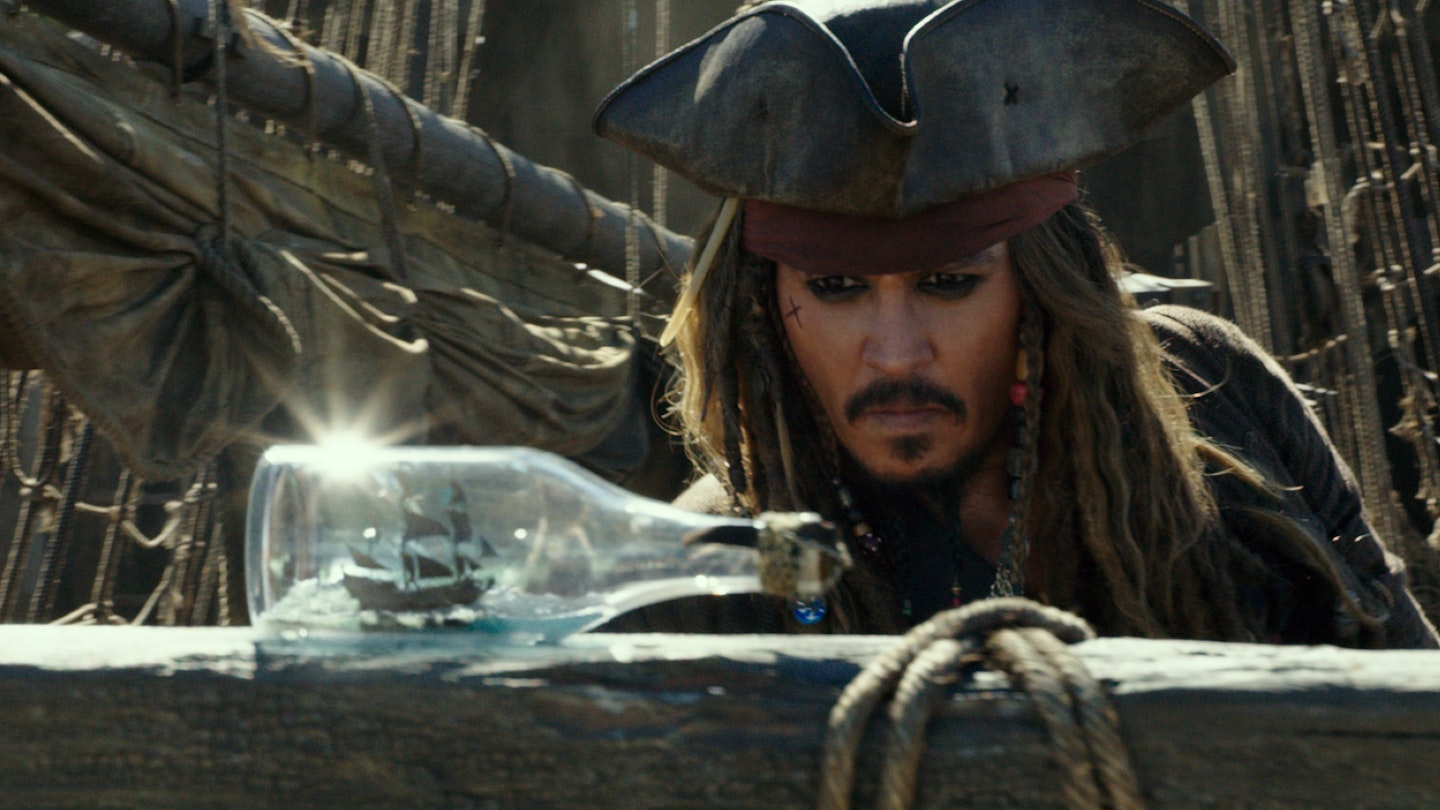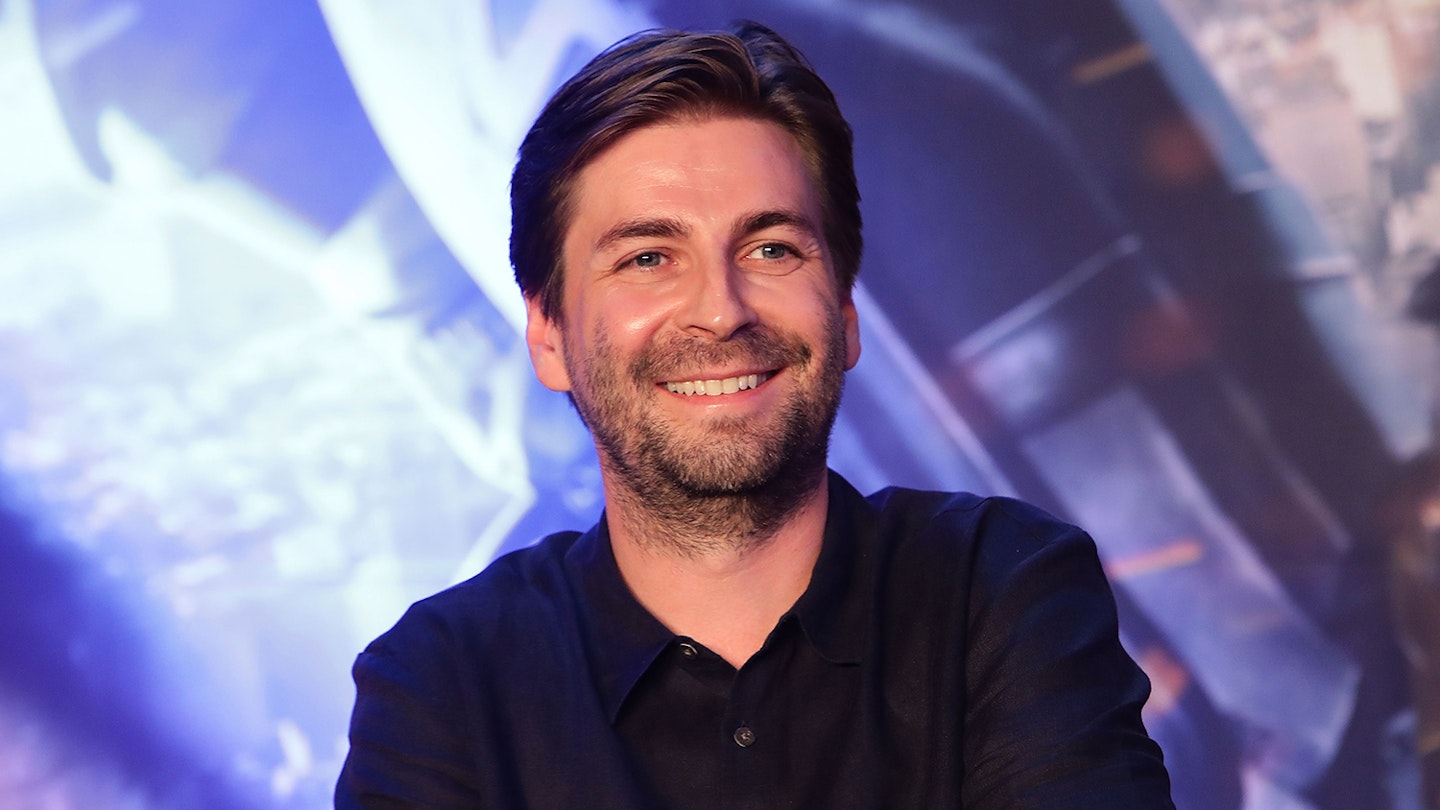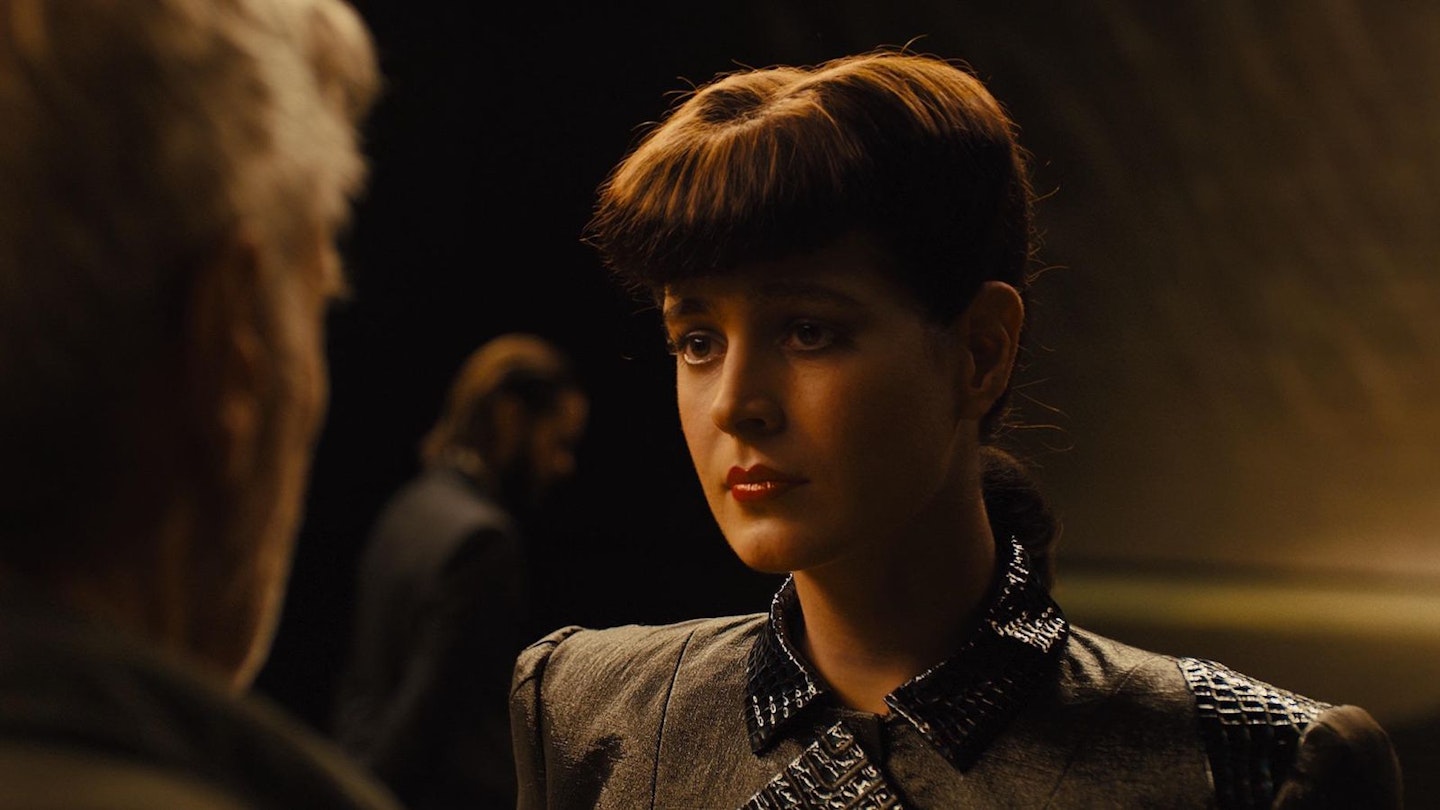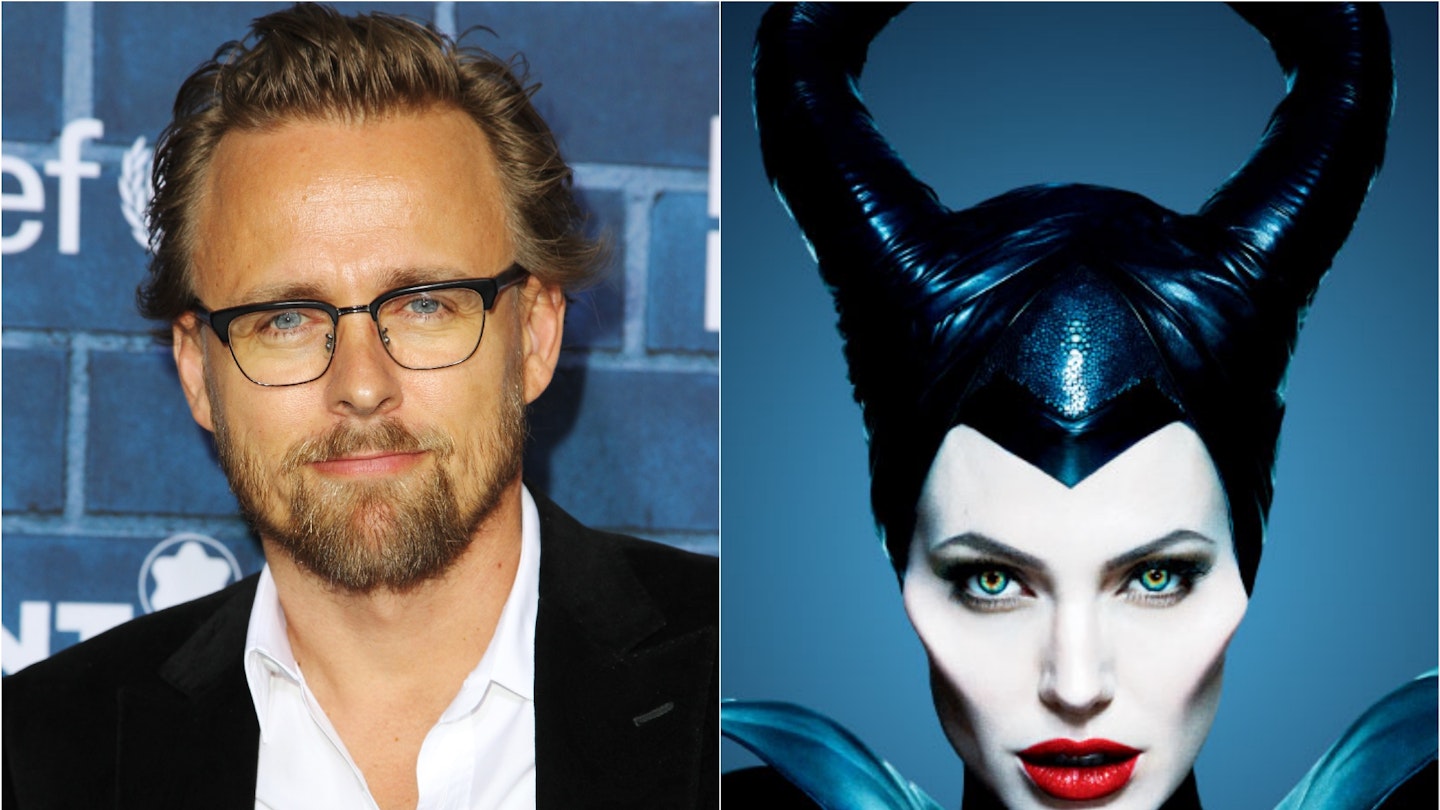Theme-park rides are great fun, but get back on and go around again and it’s always the same ride. So perhaps it’s deliberate that Salazar’s Revenge (weirdly changed from the superior US title Dead Men Tell No Tales) feels like little more than a remake of the first-ever Pirates Of The Caribbean. Much like the previous three Pirates instalments, in fact.
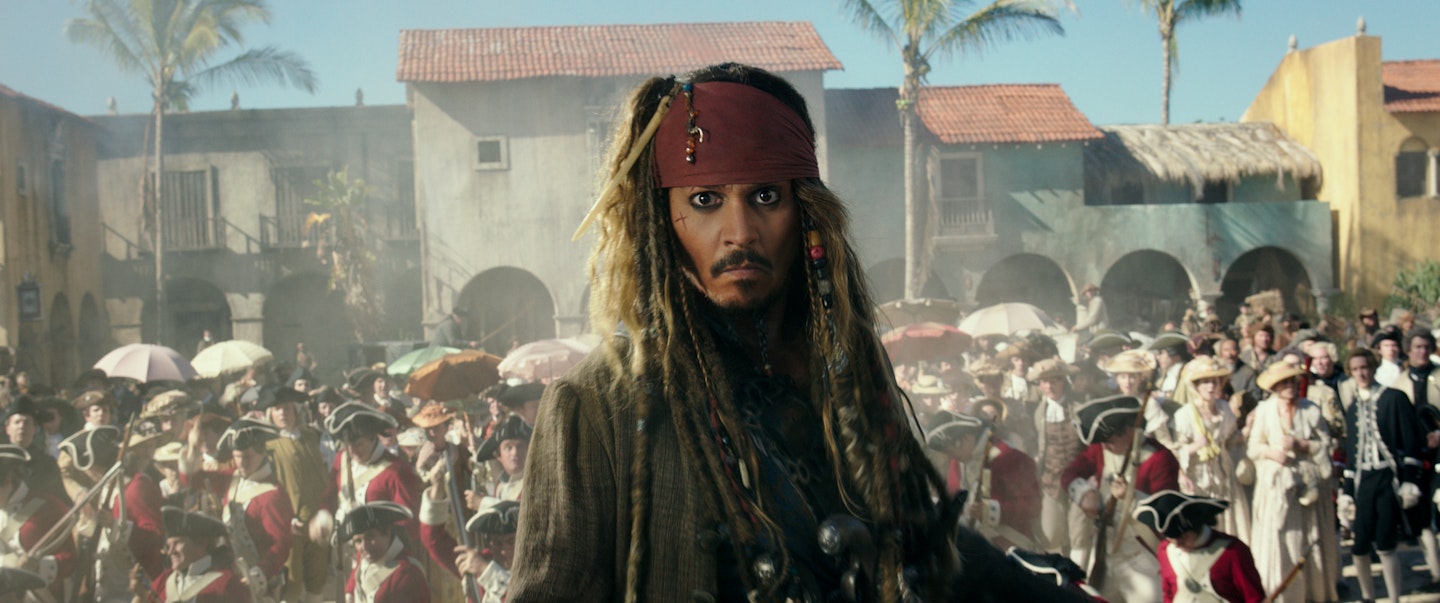
Yet again, you have a payback-seeking villain — Javier Bardem snarling it in as Salazar — trapped in a state of living death thanks to the actions of Jack Sparrow. You have the rum-addled buccaneer reluctantly teaming with a pair of young, attractive adventurers (Skins’ Kaya Scodelario and Aussie pretty boy Brenton Thwaites). You have a mythical McGuffin with nebulous magical powers (in this case a big, glittery fork that controls water and ends all sea-curses). And you have the Royal Navy — here represented by the nostril-flaring, rent-a-seethe form of David Wenham — chasing about after all those clashing, motley pirate crews. It’s the same ride. But it’s not nearly as fun this time around.
Jack now feels like a routine rather than a person.
To be fair to Norwegian directing team Joachim Rønning and Espen Sandberg (who proved their cinematic sea-legs with 2012’s Kon-Tiki), there’s some innovation on show in the earlier slapstick-swashbuckling (slapbuckling?) set-pieces. One treats us to the sight of Jack trapped in a rotating guillotine, centrifugal force pushing and pulling the spine-severing blade inches from his neck. Another outdoes the Fast & Furious gag of cars dragging a bank safe by having a speeding horse-drawn carriage tow an entire bank. But later, as the scale and volume ramp up, sense-assaulting CGI floods the action and any visual elegance becomes lost at sea. Honestly, what’s wrong with just having a sword fight every now and again?
Story-wise, it really does feel on-rails – stock characters shoved from action sequence to action sequence with only dry lumps of exposition to serve as anything close to motivation. When we revisit Hector Barbossa (a knackered-looking Geoffrey Rush), he’s living the high life in a bling-festooned galleon. Why does he risk all this to go and seek out Salazar? Because, er, he doesn’t want to retire. Even though he seems to have already, and quite comfortably, too. And it’s not clear why they even needed Wenham’s character there at all. He joins the late-starting race to reach Poseidon’s Trident, announcing “only the British Empire will hold the power of the sea!”, but makes no noticeable impact on the narrative at all.
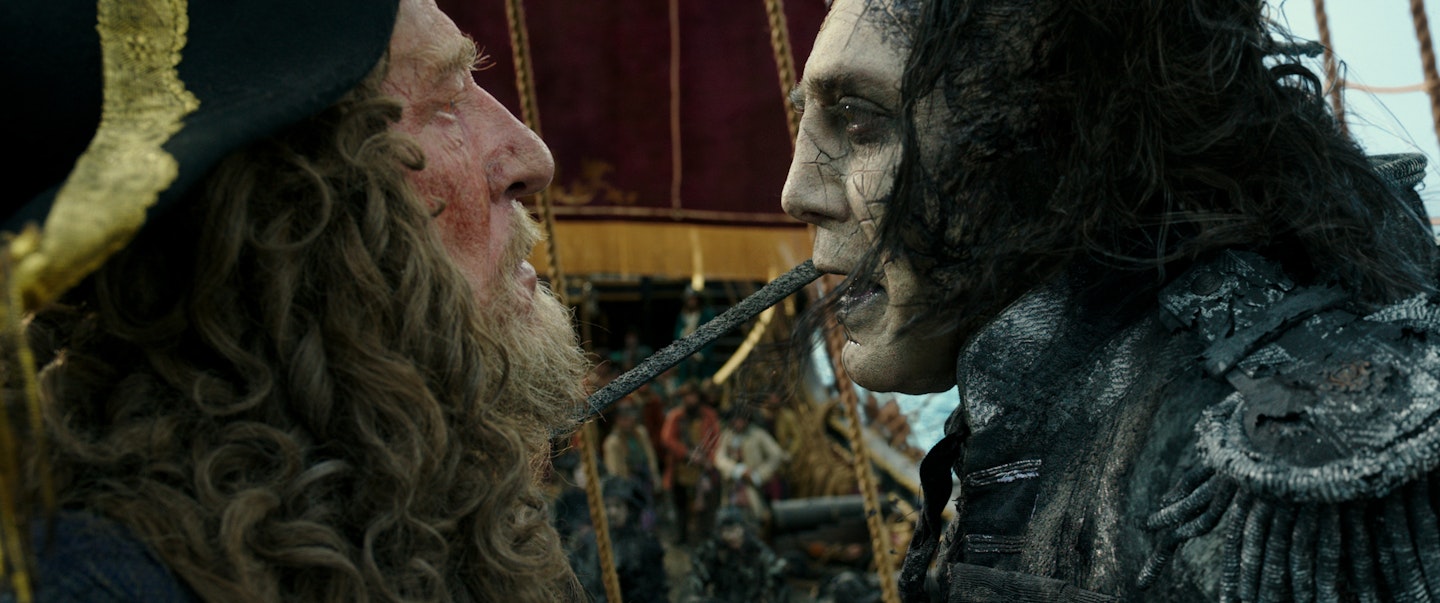
Then there’s the infuriatingly fuzzy mythology. Jack still has his magic compass, which takes you to that which you most desire, but if you lose it you have to face your greatest fear (or something); meaning that when he trades it for a bottle of rum, Bardem’s Salazar announces “he’s given away the compass! We are free!” Huh? So, he and his ghostly seamen are able to escape the cave Jack trapped them in decades earlier and board and destroy other ships… But they’re destroyed if they ever set foot on land. What? Why? Well, because an incoming double-cross wouldn’t work if they could go on land, even though the treacherous character in question had no knowledge of the information on which said double-cross is dependent.
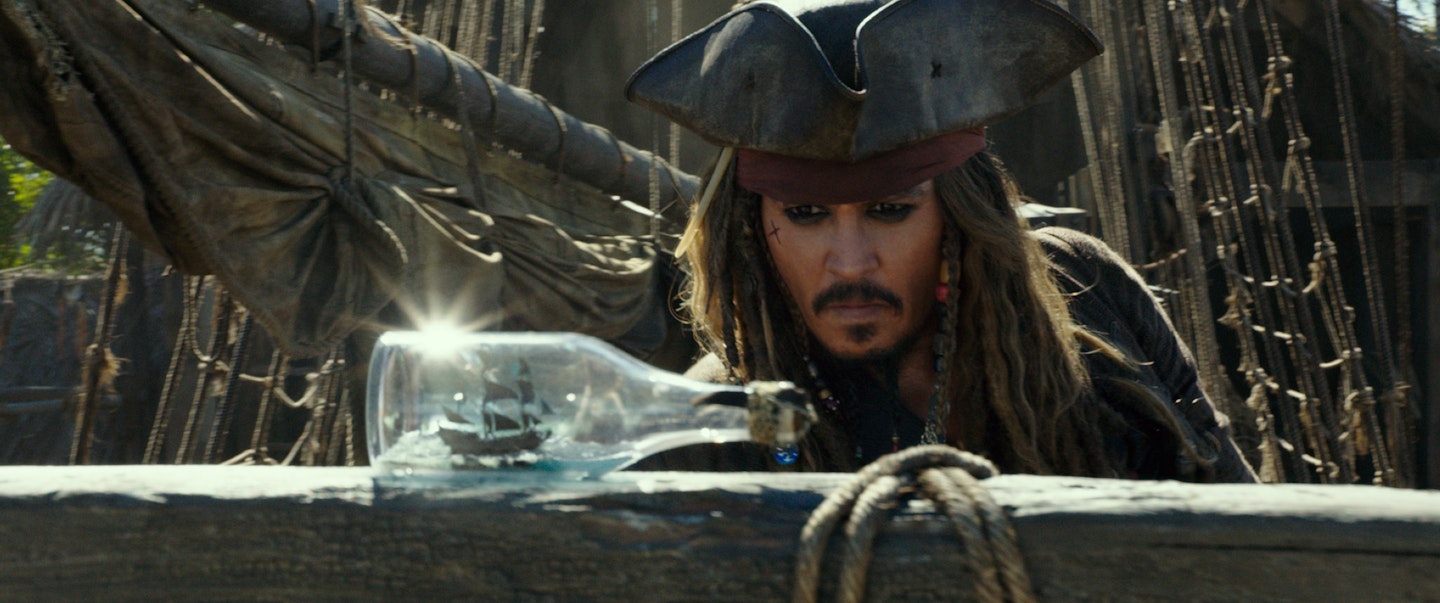
Keeping up with the nonsensical plot lurches and inconsistencies is exhausting. And even the once-reliable Johnny can’t distract us like he used to. Jack’s shtick has consumed the character. Where once he was an engaging oddity whose unhinged mannerisms you felt cloaked hidden (and sober) depths, Jack now feels like a routine rather than a person. Where his soul once dwelled, we find only backstory — executed with some horribly uncanny valley de-aging CGI work on Depp’s face, and one supremely pointless revelation. Ever wonder why he’s called “Sparrow”? Us neither.
